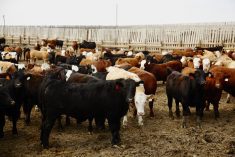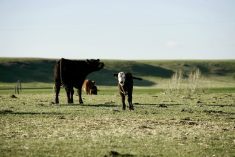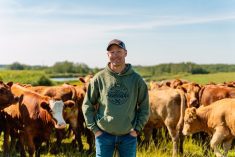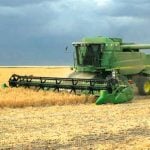As we head into fall, we tend to stockpile feed and supplies for our herds and families, to prepare for winter. Then, we take time to reflect and strategize for the upcoming year.
The wheels in Ottawa are certainly not slowing down for winter. If anything, things are amping up for a federal election, which could be called at any time. Many organizations cannot be as vocal as the Canadian Cattle Association (CCA), but due to our advocacy nature, it’s our focus. Speaking on your behalf, what your checkoff dollars pay us to do.
At the time of writing this, we are getting more vocal on several issues including Bill C-282. If passed, the legislation would make it illegal for Canadian trade negotiators to make any market access concessions on supply-managed products, while every other sector and commodity remains on the negotiating table. Quite simply put, this gives less negotiating power in trade negotiations when we are exploring and strengthening markets for our beef. This includes negotiations with our largest trading partner — the U.S. — and that is alarming as the Canada-U.S.-Mexico Agreement (CUSMA) comes up for review in 2026.
Read Also
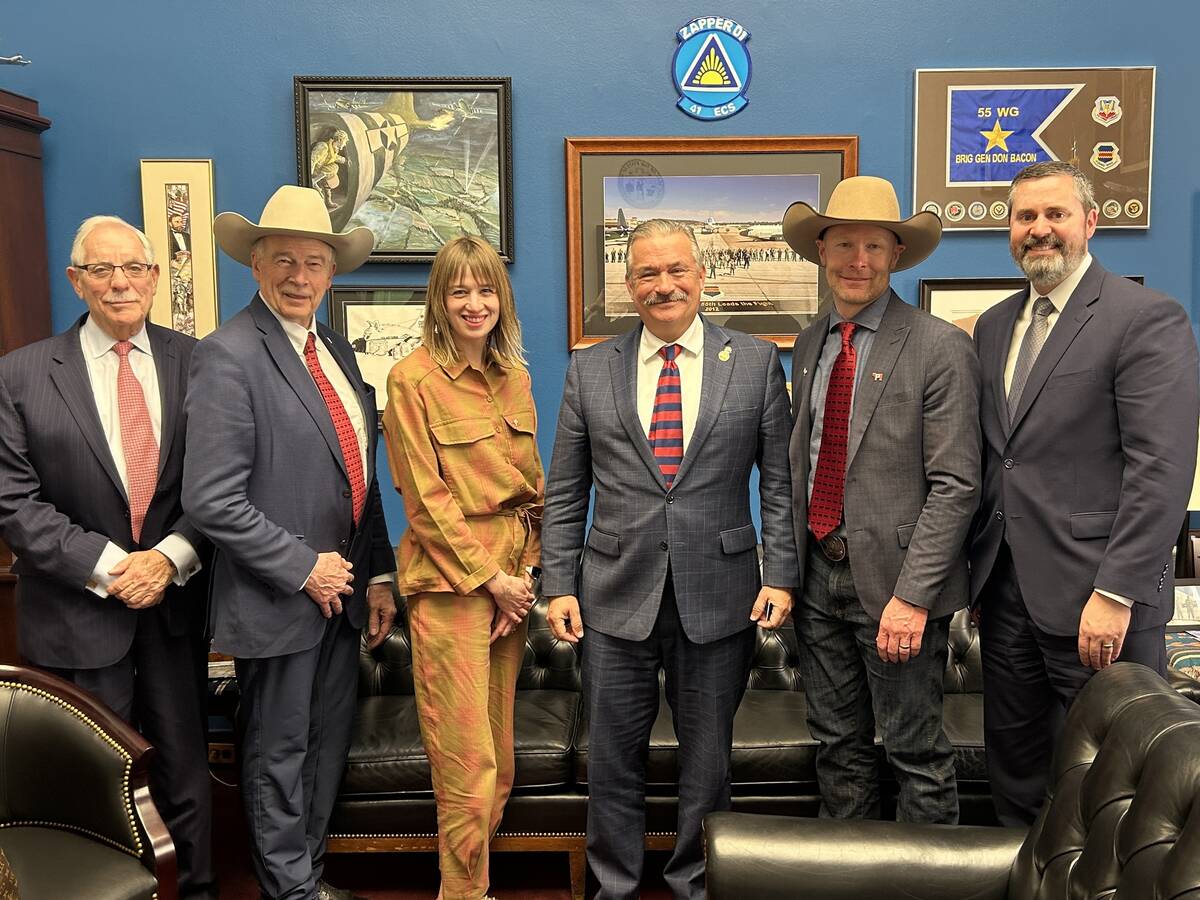
Advocating for Canadian cattle producers in the United States
Canadian Cattle Association president writes about how the association advocates for Canadian beef producers within the U.S.
We don’t want to be handcuffed and constrained from negotiating top market access for our producers in the U.S. and abroad. Bill C-282 could be crippling to Canada’s economy and CCA is taking a stand to ensure this bill is defeated.
For months, we have been meeting with senators, ministers and MPs. We have hosted and attended meetings and events to ensure we are seen and heard loud and clear on this issue, and the potential effects it could have on our industry.
As producers, you can also get involved on an individual level and write and call your local members of parliament and senators and let them know where you stand on this bill. Every time one of our producers reaches out to government directly, it gives us a stronger voice, which is harder to ignore.
In addition, there are many other private members’ bills being brought forward that also stand to negatively affect our industry and are getting away from the science-based rules the government had previously been touting. For example, C-355 is the ban on the transport of horses for slaughter.
The fact that Bill C-355 specifically targets animals destined for slaughter means that mode of transport is not the issue. That means the intended end use for these horses (slaughter) is what this proposed legislation is trying to prevent. We are concerned that policy is being made without any regard to the science behind the legislation and regulations, and with the precedent this sets in Canada. Our regulators have strong science-based standards and legislation such as Bill C-355 would jeopardize the credibility of Canada’s regulatory and inspection systems both at home and internationally. Again, this is moving away from science-based decision-making.
Bill C-293 promotes alternative proteins and suggests that antimicrobial resistance is an issue specific to animal agriculture, rather than viewing it as an issue which needs to take the One Health approach, with human, animal, and environmental perspectives to consider. Focusing on animal agriculture is not science-based when all areas are intertwined and affected. Antimicrobial resistance needs to be tackled in human and environmental areas as well.
With provincial elections looming, the U.S. election and the impending Canadian federal election, CCA aims to keep being the strong voice of reason to set decision-makers and influencers on track and remind them of what really matters to a key driver of our economy and safe food supply — our Canadian beef industry.
We won’t let up and we wholeheartedly expect more challenges to come up. Like each of our producers, CCA is resilient and hardy — just like our herds. We need to keep our existing herds safe and healthy — and growing to meet demand — while we keep growing the markets that are seeking our quality products.




